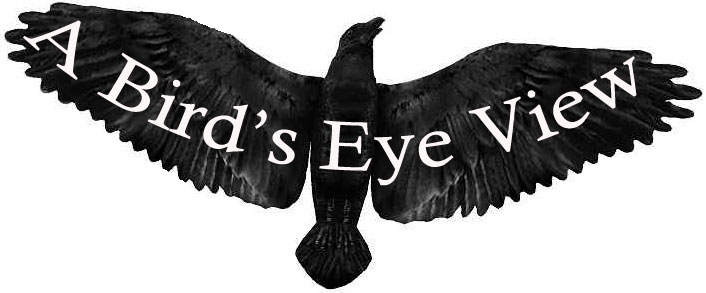An interesting phenomena keeps presenting itself. It's the fact that a lot of people simply skim read a book and come to a determination of the entire book. The deeper problem is that some book "reviewers" do the same thing. If you are going to review a book, please actually read it. That seems fair enough.
I think that skim reading is fine if we're just looking at the author's writing style and poking around for tidbits. But skim reading, by its very nature, means that we haven't actually read the book. The only thing that can come of that is a weakly informed opinion, and quite likely a misunderstanding of the book and the author's actual position (as opposed to what we're asserting through our personal filters). While skim reading may give us a personal sense of whether or not we like what we're finding, it really doesn't provide enough objective findings to merit evaluating it for others.
On Internet forums, many people argue that skim reading works very well and they appear to rely upon it for discernment, education, and direction.. But in reality, skim reading misses more than it catches, That's simple logic. By analogy, skim reading is like passing by a restaurant, looking in the window, catching the aroma of what's cooking in the moment, and then going off to write a review about the restaurant. We haven't actually had the full experience, and so our opinion is not truly an informed one. But we tell friends whether not they should go there. Why do we offer our limited experience of something as an indicator for others to avoid the full experience that we ourselves haven't had?
There is much more to a book than a few pages or passages here and there. A book is the presentation of something holistic. I know that a lot of people don't read the Preface or Introduction in a book. That's unfortunate because they provide the reader with an understanding of what the author is presenting, why, and how it is that the author came to believe in the material. These are important things to know and to understand. It can provide us with new perspectives, which in turn allow us to grow and expand. Without understanding the author's preface, we can bring preconceived notions to the material that really get in the way of comprehending what we're reading. Without reading the introduction, we miss the experience and insights that are foundational to understanding the material in the book. Therefore our reactions to the material we skim read are more about the prevailing limitations of our personal experiences to date than they are about what the author is saying. We end up robbing ourselves of that breakthrough moment of - Oh, I never looked at it that way before.
If you skim read this blog, please go back and read it through. :-)
